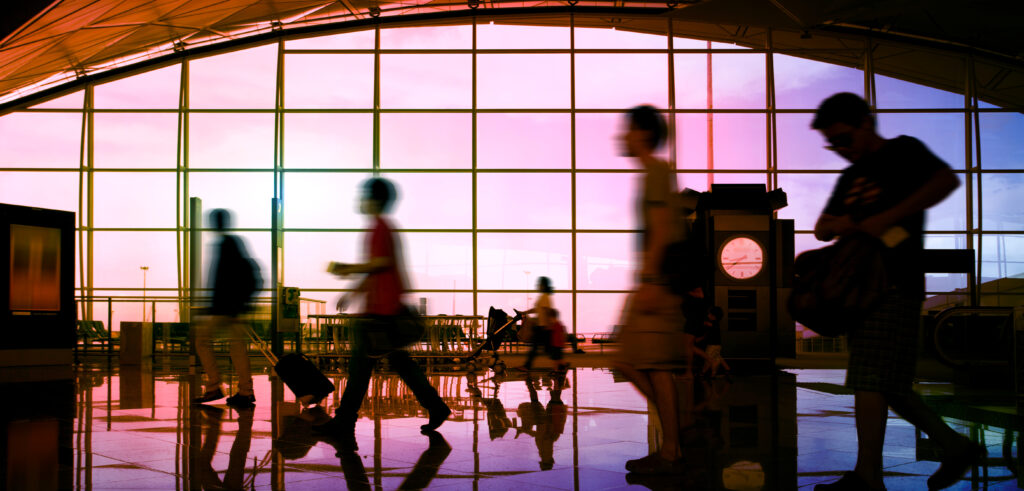Transportation union International Transport Workers’ Federation (ITF) has warned that the industry is on course for a prolonged period of recurring crises, and has coordinated a framework designed to stop “travel chaos” becoming a permanent feature.
The framework, titled New Deal for Aviation, will be described to the International Civil Aviation Organization’s (ICAO) Assembly later this month (September 2022). The union has reported that it will urge the immediate creation of national aviation bodies to address an industry that has become environmentally, economically and socially unsustainable.
Endorsed by more than 250 affiliated unions, representing over one million aviation workers, the proposed aviation bodies are expected to bring together governments, employers, unions and the public to create country-specific national aviation plans. In forming these plans, the union intends to enable transportation departments, aviation authorities, employers and unions to address the structural causes of this crisis, focusing on the significant impact that decades of deregulation and fragmentation has had on the aviation industry’s resilience. ITF cites the reason for the crisis to be a result of years of deregulation, privatization and the erosion of employee working conditions, leading to worker shortages and widespread travel disruption.
Unveiled at the ITF’s Civil Aviation Section Conference in Montreal, Canada, the New Deal for Aviation also seeks to mandate action from the industry on decarbonization, digitalization and sustainable funding. This includes a commitment to carbon neutral growth beyond 2019 traffic levels and eliminating violence against aviation workers by implementing key ILO (International Labour Organization) conventions into domestic law.
The endorsement comes as new polling of more than 3,500 aviation workers across 86 countries found that 89% believe the quality of jobs in the aviation industry is on the decline, while only 23% said they felt respected by their employer. Furthermore, only 21% said that their government is doing a good job managing the aviation industry. ITF polling also found that only 11% of aviation workers believe that their employers act in their interest, while 89% believe that they act purely in the interests of the company’s shareholders. A recent industry report found that during the Covid-19 pandemic, 15 airlines eroded working conditions for hundreds of thousands of aviation workers, including aggressive anti-union tactics and ‘fire and rehire’ policies.
Stephen Cotton, general secretary of the ITF, commented, “Decades of decline in workers’ wages and working conditions have led the aviation industry to the edge of perpetual chaos. Without a coordinated response that addresses immediate and longer-term worker shortages and structural transformation, aviation will continue to move from crisis to crisis. Governments have lost control of aviation in their territories, and urgently need to get it back.
“Aviation needs to be recognized and treated as both a public good and global economic gateway. By coordinating on national aviation plans, employers, unions and governments will protect aviation in the short term, while building an industry that is fit for purpose and resilient to future crises, and serves in workers’ and the public’s interest.”
Edgardo Llano, chair of the ITF civil aviation section and general secretary of the Argentine union Asociación del Personal Aeronáutico (APA), said, “We need to restore the checks and balances of global aviation. In what was once a nationalized industry in countries around the world, the scale has moved too far toward serving the interests of CEOs and shareholders above those of workers and passengers. The new deal has the potential to move the scale back and ensure that both employees and travelers get the treatment they deserve.”

